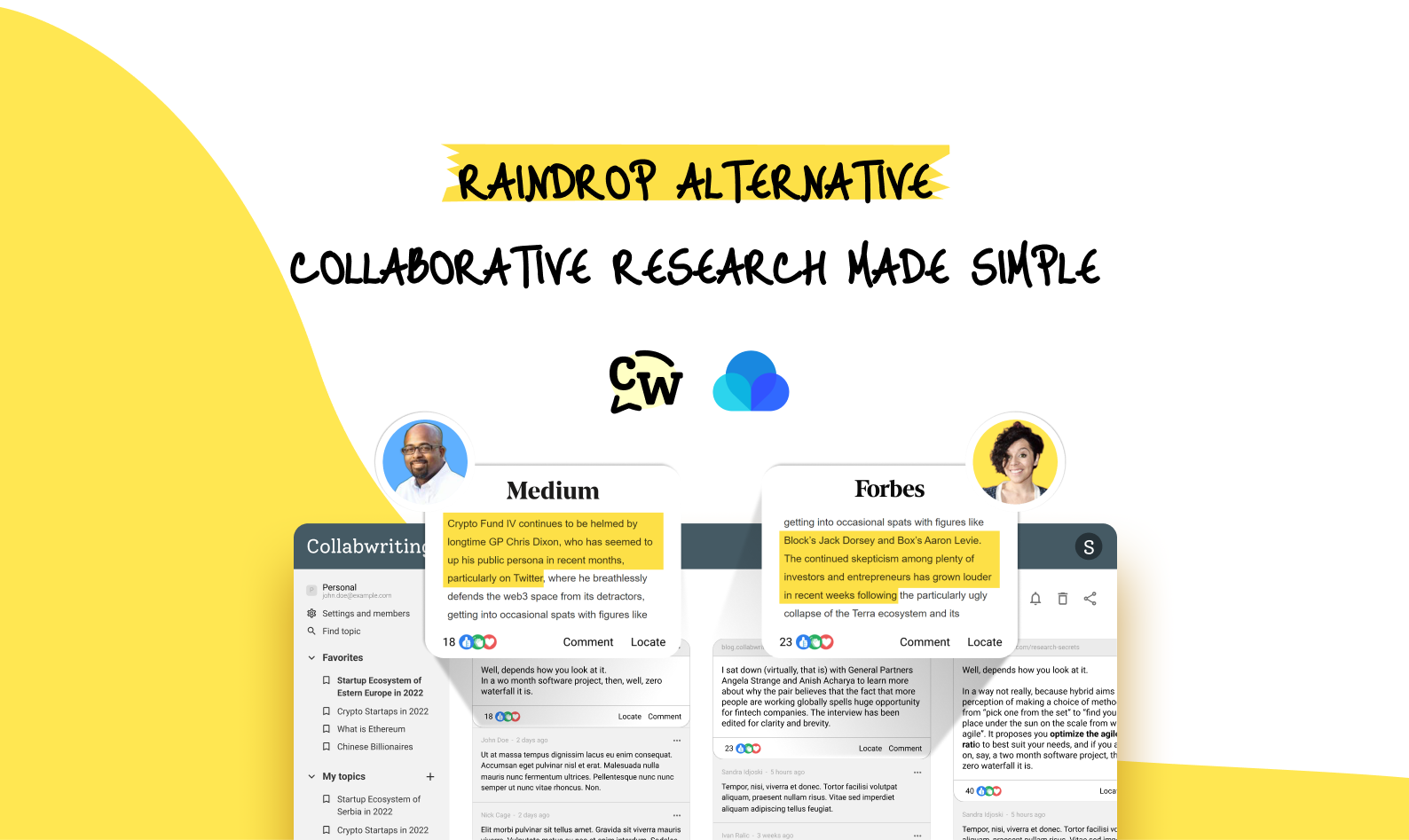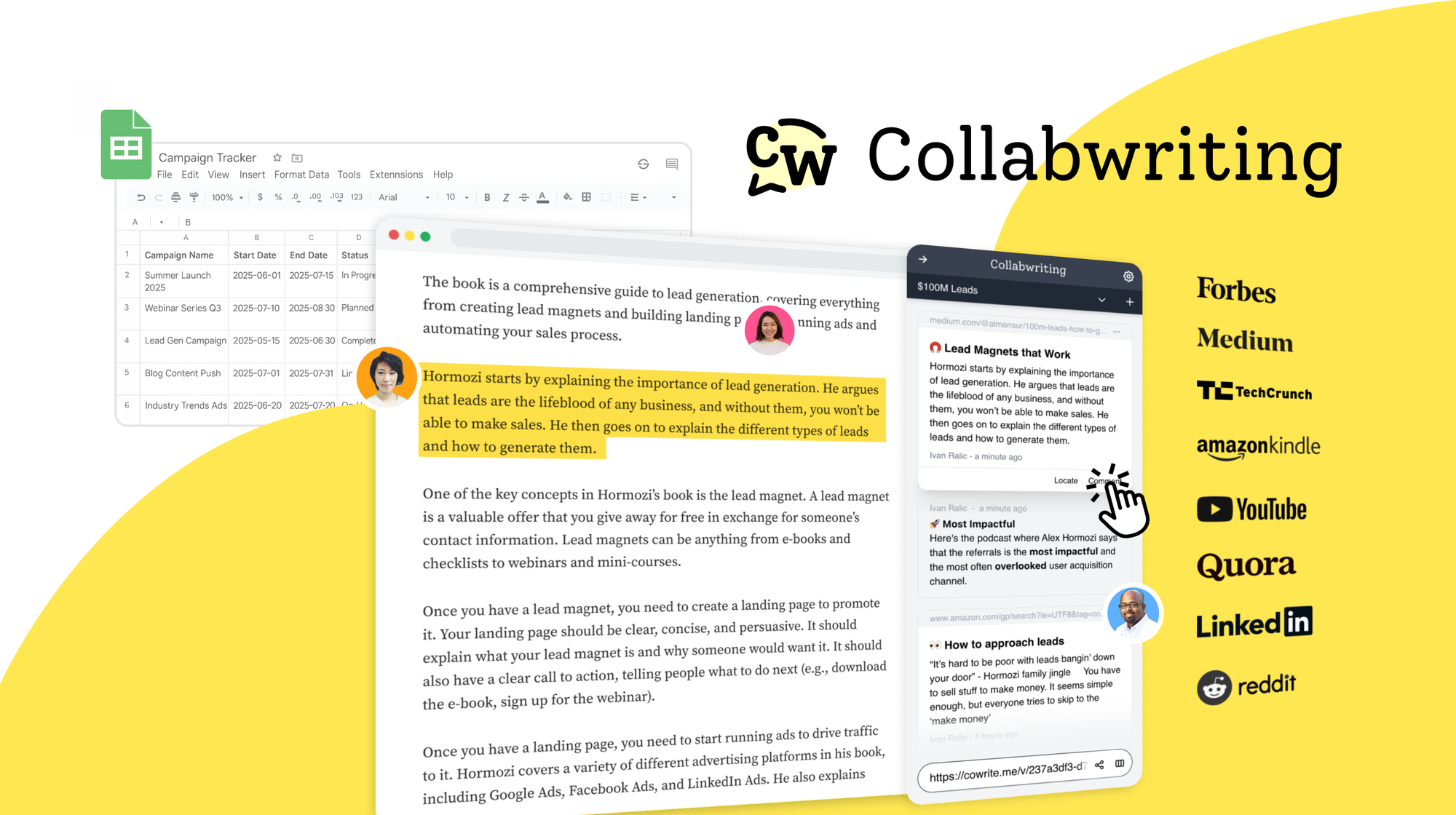Scrolling is a habit, not a conscious choice
Most of us don’t even know why we’re scrolling anymore.
- Are you scrolling out of curiosity or as a form of escape?
- Are you searching for something meaningful - or just feeding the algorithm?
A few months ago, my phone’s weekly screen time report hit me like a punch to the gut.
5 hours and 26 minutes a day.
“That’s… normal, right?”
I lied to myself, until I saw the breakdown:
- Instagram Reels (1.5 hours)
- Slack (1.2 hours)
- Gmail (endless scrolling through newsletters I swore I’d read “someday” - 43 minutes)
- And more
My throat tightened.
Here I was, a professional who preached work-life balance, yet spending a third of my waking day glued to a screen - half of it mindlessly.
Then there were the newsletters.
Dozens flooded my inbox daily: productivity hacks, industry trends, “must-read” think pieces.
I’d skim a headline and save them for “later’’.
Only three ever felt worthwhile: a friend’s passion project, one that felt genuinely human, and a niche topic I truly cared about.
The rest?
Just a blur of unread promises.
But the hardest truth was this: none of it really mattered.
Not the viral think-pieces, not the 15 open tabs on “innovation frameworks.”
It was all just noise.
A foggy, drained feeling, like my brain had been scrolling through TikTok even when I wasn’t.
Your brain is processing more than you think
Every single day, your brain is bombarded with information - news headlines, notifications, podcasts, emails, messages, social media posts, videos, and more messages.
Researchers estimate that we consume the equivalent of 74 GB of data daily - that’s like watching 16 full movies.
The problem?
Your brain wasn’t built for this kind of load.
Most of that information doesn’t stick.
It doesn’t get stored, applied, or even fully processed. It just rushes through - like trying to drink from a firehose.
And over time, this nonstop input drains your mental energy, even if you don’t realize it in the moment.
This constant mental strain is known as cognitive overload or information fatigue syndrome. It’s when your mind feels foggy, your attention span shrinks, and even simple decisions start to feel… hard.
So, it’s not that you’re lazy.
It’s that your brain is full - and tired.
Just like was mine.
Information overload - The symptoms
When your brain is overwhelmed with information, it automatically shifts into self-protection mode.
Here are some signs that has reached its limit:
Decreased attention span
It becomes harder to stay focused on one task for a long period of time.
You find yourself getting distracted easily or switching between tasks without finishing them.
This lack of focus often leads to feeling unproductive.
Feeling constantly “busy” but achieving very little
You might spend your day feeling “busy” - checking emails, answering messages, scrolling through social media - but at the end of the day, it feels like you haven’t actually accomplished anything meaningful.
The constant need to multitask makes it hard to make progress on what truly matters.
Frustration and anxiety from trying (and failing) to keep up
With so much coming at you, it’s easy to feel like you're always falling behind.
The pressure to stay on top of everything can lead to frustration and stress, especially when you try to keep up with an endless stream of information.
A constant stream of information can trigger a cycle of anxiety that's tough to escape.
Shallow memory
You "kind of" remember things, but nothing deeply.
Because your brain is constantly processing new information, it doesn’t have the time or space to store it properly.
You might struggle to recall specific details or facts, even though you’ve seen or heard them before.
Ever notice yourself holding your breath when you check your inbox or respond to emails?
This is called email apnea - a term for the physical stress your body experiences when you’re overwhelmed with information. It’s a small, but important sign of how constant mental input can take a toll on both your body and mind.
What you can actually do (without going full monk mode)
You can’t control the flood of information - but you can control how you deal with it.
I wasn’t about to delete all my apps and start living in the woods. But I did need to change the way I engaged with information.
Here's what helped - and what might work for you too.
Find tools that work for you, not against you
Not all tools are created equal - some just add to the noise.
The goal isn’t to collect more information, it’s to capture what matters in a way that actually supports your thinking.
Start by using tools that make it easy to save things in the moment:
- A quote that stands out
- A sharp insight, or
- An article worth revisiting
Use highlights, tags, or quick notes - whatever helps you hold onto the why behind what you saved.
However, keep in mind that saving isn’t enough.
If you can’t find it later - or worse, forget you even saved it - it’s just digital clutter.
What you want is a system that not only stores your ideas and resources but makes them easy to retrieve when it counts.
And if you work with others, this becomes even more important.
If someone on your team has already done the research, captured an insight, or figured something out - you shouldn’t have to start from scratch or dig through 27 Slack threads to find it.
That’s why it helps to have more than just a place to save things - you need a system that helps you actually use them.
Something you could call your second brain.
Think of it as a trusted space outside your head where your notes, ideas, and resources live - organized just enough so you always know where to find what you need.
And no.
It’s not about being perfectly tidy.
It’s about freeing up your real brain to focus on thinking, creating, and making decisions - not trying to remember where that one link went.
Organize, don’t just archive
It’s easy to save everything and tell yourself you’ll come back to it later.
But if your notes live in a messy folder or a pile of browser tabs, “later” rarely comes.
Information without context is like a book without a cover - you’ll forget what it is and why you saved it.
Instead, build the habit of adding just enough structure.
- Link notes to the projects they relate to
- Tag people you’re collaborating with
- Connect ideas so they’re not floating in isolation, but part of a bigger picture
And don’t treat your notes as final.
- Revisit them
- Add reflections
- Update them as your thinking evolves
Your knowledge system should be alive - not a graveyard of forgotten highlights.
The purpose isn’t to hoard information.
It’s to create a space that brings clarity when things feel messy, sparks ideas when you’re stuck, and helps you move from just consuming to actually doing something with what you know.
Fight FOMO with JOMO (Joy of missing out)
The internet wants you to believe that every article, podcast, and trend is urgent and essential.
But trying to keep up with everything just leaves you feeling stressed and all over the place.
So, start by letting go of “just in case” thinking.
Saving things just in case you might need them later often turns into a cluttered mess - and a subtle source of anxiety.
Instead, save only what feels truly useful or meaningful. If it’s not worth your attention today, chances are it won’t be tomorrow either.
And finally, shift your focus from input to impact.
Track what you’ve actually done with the information you’ve consumed.
Celebrate the articles you acted on, the notes you used, and the insights that sparked real progress.
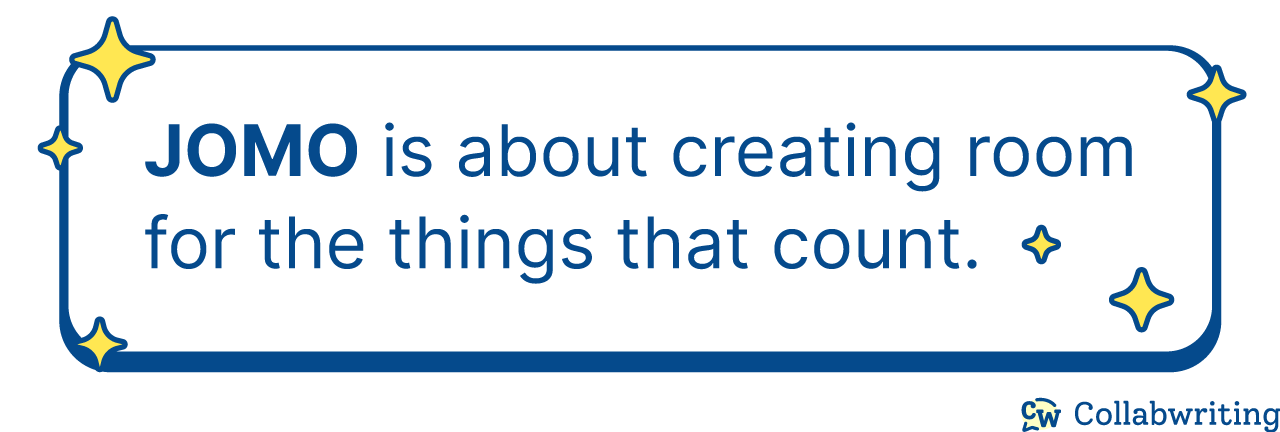
Quick wins vs. long-term habits
When it comes to dealing with information overload, it’s easy to think you need to make huge changes.
True improvement comes from mixing small, quick actions with habits that last over time.
Here’s how to get started - and what will help you keep it up in the long run.
Today:
- Turn off unnecessary notifications
- Unsubscribe from 5 newsletters
- Save one article to a tagged folder for easy access
This month:
- Start building your “second brain” (try the PARA method to organize your thoughts and resources)
- Schedule weekly review sessions to stay on track and keep your system clean
Forever:
- Before diving into any new piece of information, ask yourself: “Is this really worth my attention?” This simple question helps you cut through the noise and focus on what really matters.
You don’t need to know everything.
You just need to know where to find what matters.
So, if you're ready to break free from information overload, it's time to take the first step toward creating a system that helps you stay organized, focused, and in control.

Collabwriting - Shareable Notes on Web Pages and PDFs
Collabwriting allows you to gather all your online sources in one place. No more endless scrolling, no more lost insights, just simple, structured knowledge at your fingertips. Just highlight, save, and collaborate with anyone on any content you find online.
FAQ
What exactly is information overload?
It’s that foggy, drained feeling you get when your brain is constantly bombarded with input - articles, emails, videos, posts, podcasts, etc. It’s not that you’re lazy or distracted. Your brain is just trying to keep up with more than it was ever meant to handle.
Why can’t I just use bookmarks or browser tabs to save things?
You can, but chances are you won’t go back to them. Tabs pile up. Bookmarks get messy. And when you need something, you’ll probably end up Googling it again anyway. Without structure or context, most saved content turns into digital clutter.
What makes a system better than just ''saving things for later''?
A good system lets you:
- Save content quickly, without breaking your flow
- Organize it by topic, tag, or project
- Add context so you remember why it mattered
- Find it easily when you need it
What do you mean by second brain?
Think of it as an external memory you trust. A space outside your head that stores ideas, links, notes, and insights - organized just enough so you can retrieve them anytime.
What tools can help me build that second brain?
Use tools that support quick saving, tagging, and organizing. Tools like Collabwriting let you highlight, comment, tag, and group content into clusters. Whether it’s a LinkedIn post, a YouTube video, or a research paper, you can save and revisit it with context - fast.
How do I know what’s worth saving?
Ask yourself:
- Will this be useful to me in the future?
- Does it spark an idea or connect to a current project?
If the answer is no, skip it. Fight FOMO with JOMO - save only what’s meaningful. Otherwise, you’re just creating noise.
What if I forget I saved something? Isn’t that the same as losing it?
Not if your system is searchable and organized. Use tools that let you search by keyword, tag, or even the person you mentioned. Add comments and labels to give your snippets context so they resurface when you need them.
What’s a small action I can take today to get started?
- Turn off one distracting notification
- Unsubscribe from one newsletter you never read
- Save one useful article with a note about why it matters



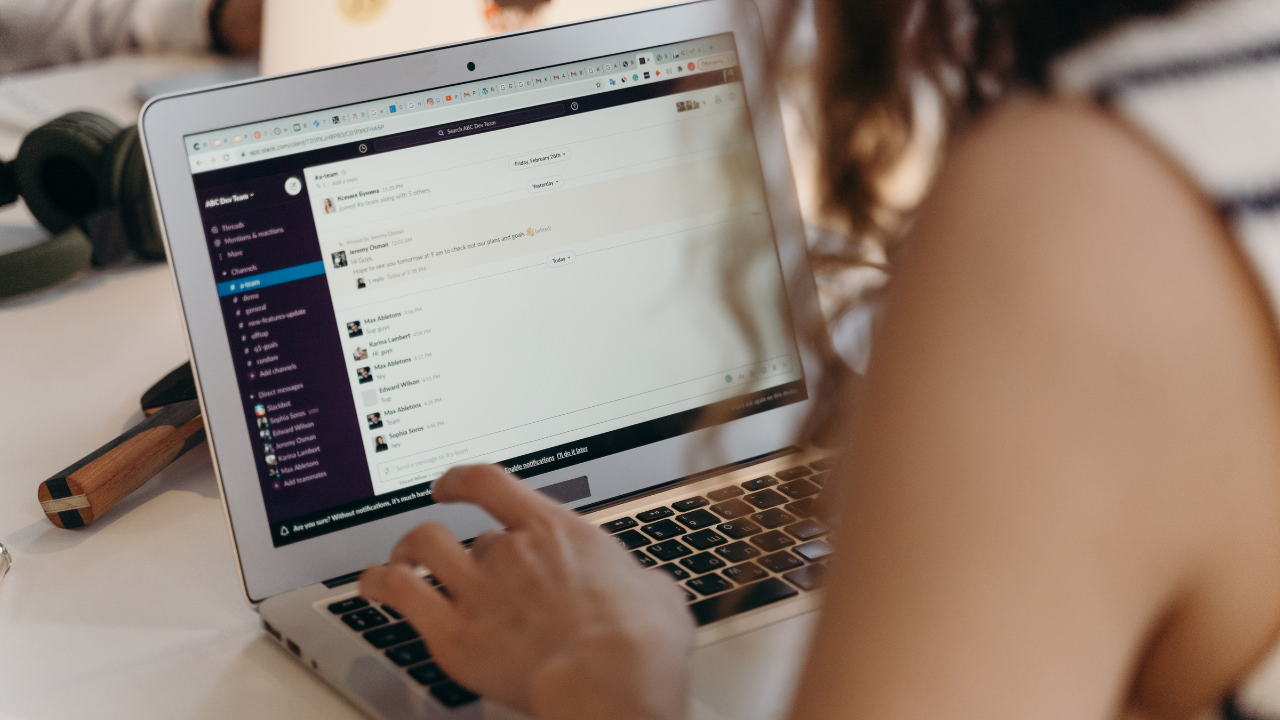
![The Best Tool for Collaborative Research in Content Marketing Teams [2026]](/content/images/2025/12/image--5-.png)
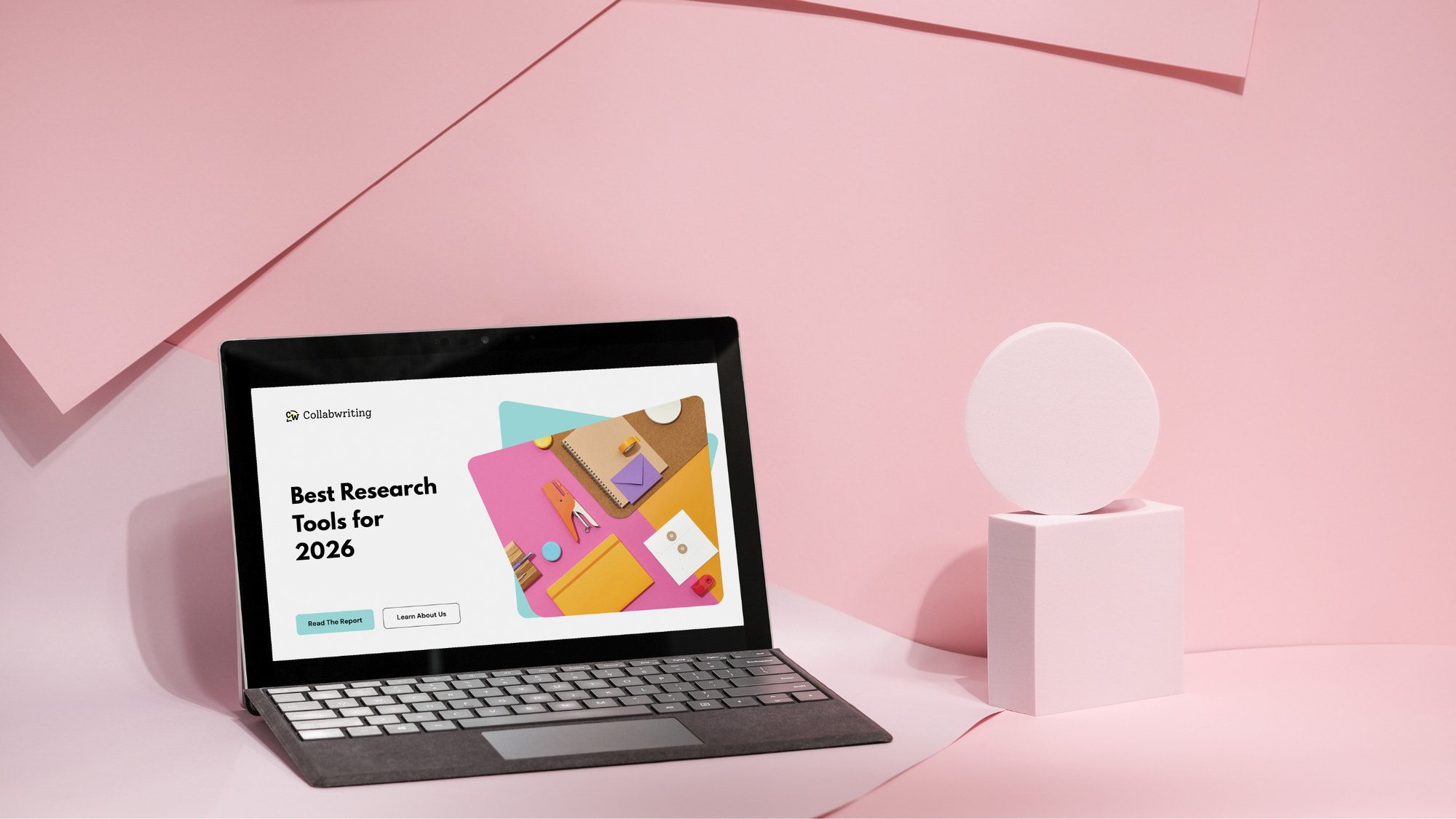
![5 Tools Marketers Use to Organize Research - Compared [2026]](/content/images/2025/11/cover-4-1.png)
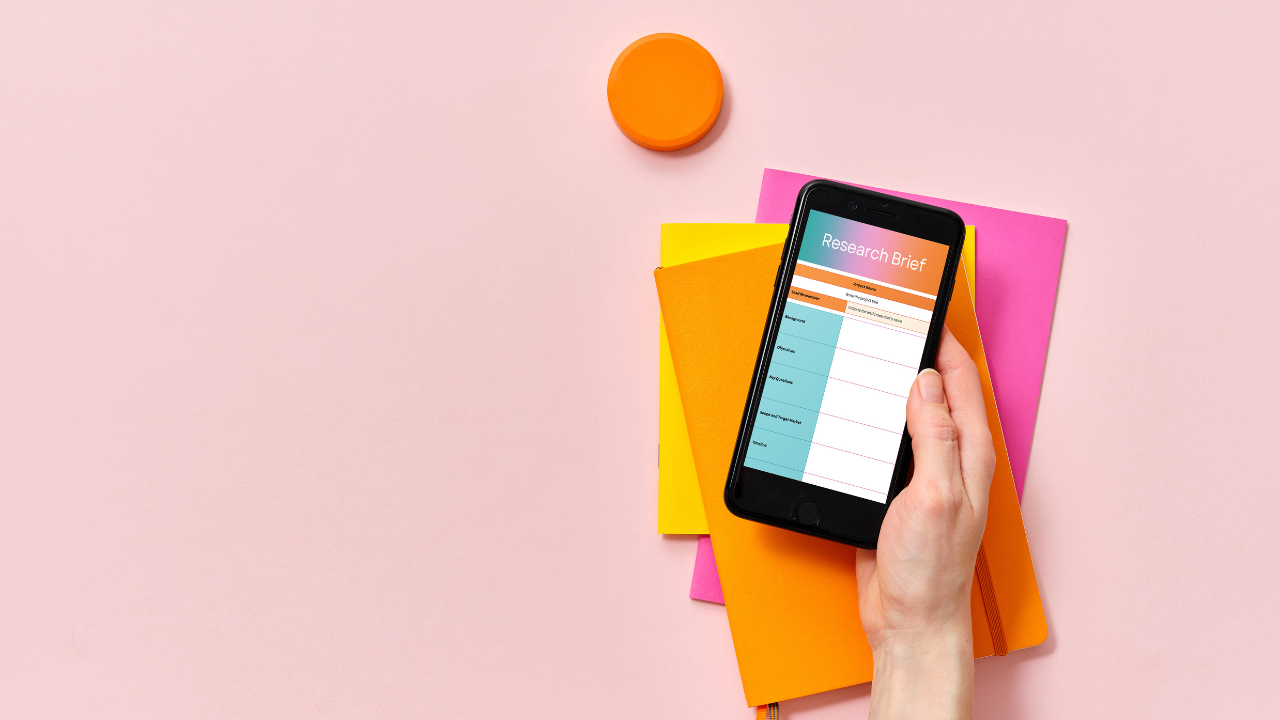
![Build Credibility in Research: Smart Way to Verify Information and Track Sources Easily [2025]](/content/images/2025/10/covers-for-blog--7--1.png)
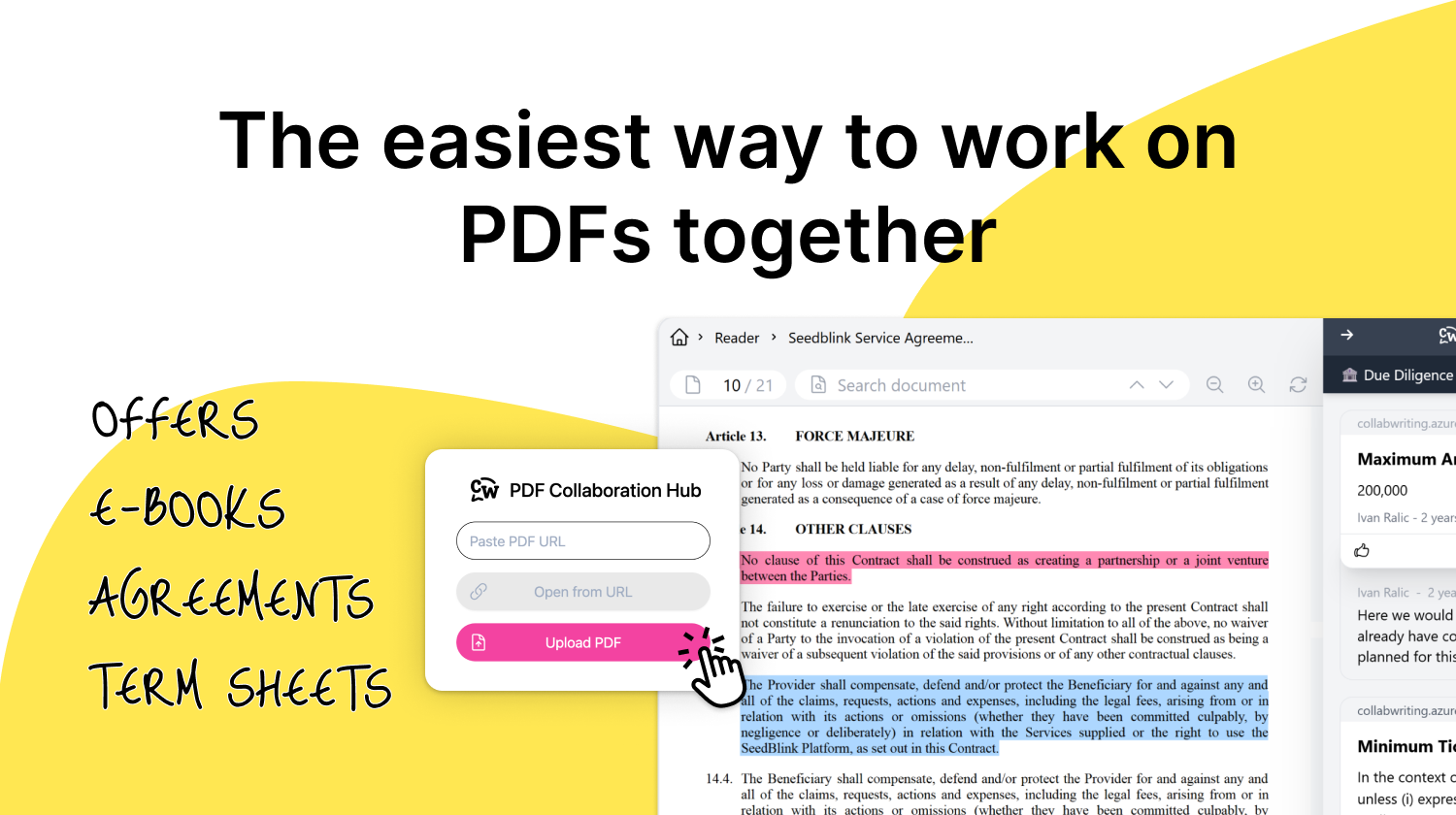
![How Marketers Can Turn LinkedIn Content into Collaborative Research [2025]](/content/images/2025/10/covers-for-blog--8-.png)
![Best Readwise Alternative for Personal & Team Research [2026]](/content/images/2025/09/Frame-814--3-.png)
